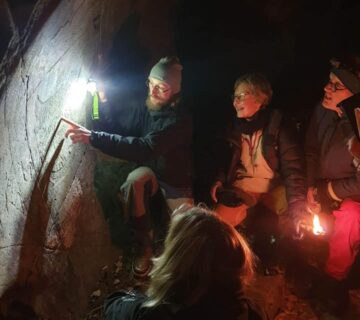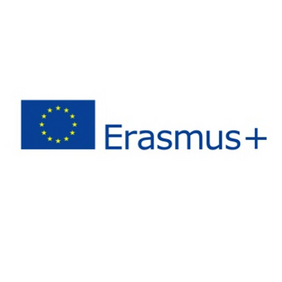Following the presentation of the detailed proposal for the Creative Europe programme on 30 May 2018, the European Commission (EC) proposed a pragmatic, modern, long-term budget for the 2021-2027 period. The EC continues to promote, strengthen and protect European cultural diversity and cultural heritage and creativity with the aim of making the EU authentic and tangible in people’s day-to-day lives. The prime example of this aim being positively delivered is the highly successful European Year of Cultural Heritage, a celebration that brings cultural heritage back to the public consciousness, gives it the dignity it deserves and strengthens European identity.
The new, modern budget has clear objectives and focuses more strongly on performance, which will make it easier to monitor and measure results – and to make changes when necessary. Through the offer of new integrated programmes, the number of programmes will actually be reduced by more than a third (from 58 currently to 37 in the future), but the budget of Erasmus+ and the European Solidarity Corps will be doubled.
As a part of the ‘Investing in people’ chapter of the EU’s long-term budget proposal, the proposal for a new Creative Europe programme will contribute to prosperity, sustainability and security in the future. Culture plays the pivotal role in addressing key societal and economic challenges in Europe and the new Multiannual Financial Framework brings us many opportunities for bringing Europe’s shared values to the fore. Cooperation projects, networks and platforms will be set up to connect European talents and make it easier for creators to cooperate across borders.
The programme will have a stronger international dimension and will include a sectorial approach to address the specific needs of the cultural heritage sector. Under this budget different cross border programmes will drive innovation, economic growth and job creation. Activities, such as first-hand experiences on sites that symbolise shared European values, have the potential to engage European citizens, especially young people and senior citizens. These shared values include Europe’s development, historical movements and achievements that embrace more than one country and give our common heritage a deeper meaning.
The decision on the future of the long-term EU budget now falls to the Council, acting by unanimity, with the consent of the European Parliament. Agreement should be reached before the European Parliament elections and the summit in Sibiu on 9 May 2019.
Ivana Jagić is a museologist and heritage manager from Zagreb, Croatia. Since 2013 she has been working in Muses Ltd consulting and management in culture and tourism, as a museologist and tourism manager. She is the Association Secretary of Interpret Croatia and has been a member of Interpret Europe since 2016.
To cite this article:
Jagić, Ivana (2018) ‘EU budget for the future of European cultural heritage’. In Interpret Europe Newsletter 2-2018, 40.
Available online:
www.interpret-europe.net/fileadmin/Documents/publications/Newsletters/ie-newsletter_2018-2_summer.pdf




